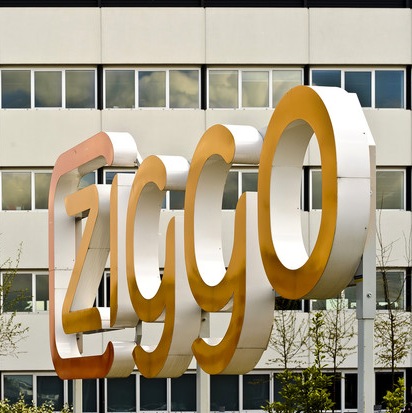Commission probes Liberty Ziggo deal
May 9, 2014
 As expected the European Commission has opened an in-depth investigation into the proposed acquisition of Dutch cable operator Ziggo by Liberty Global.
As expected the European Commission has opened an in-depth investigation into the proposed acquisition of Dutch cable operator Ziggo by Liberty Global.
Liberty Global – through its subsidiary UPC – and Ziggo both own a cable network in the Netherlands through which they provide various retail pay TV and telecom services. Both companies also operate a premium pay-TV film channel in the Netherlands. The Commission has concerns that the transaction may reduce competition in a number of markets. The Commission now has 90 working days, until September 18th 2014, to take a decision.
The Commission’s initial market investigation indicated that the proposed acquisition would raise competition concerns in the Dutch markets for (i) the acquisition of individual Dutch language audio visual content, (ii) the acquisition of TV channels, (iii) the wholesale supply of premium pay TV film channels, and (iv) the retail provision of fixed internet access, TV and fixed telephony services. The merger is bringing together two of the main players in these markets in the Netherlands (and the only two suppliers as regards premium pay TV film channels).
At the wholesale level, the Commission found that the proposed acquisition could significantly increase the merged entity’s negotiation power towards content owners and TV channels suppliers. This could, in turn, negatively affect its competitors in retail pay TV and Dutch end consumers. Moreover, the proposed transaction could reduce the existing competition for the wholesale supply of premium pay TV film channels, by combining the only two linear film channels in the Netherlands, Film1 and HBO.
At the retail level, the Commission’s market investigation showed indications that Liberty Global and Ziggo exert some indirect competitive pressure on each other, despite the fact that their cable networks do not overlap geographically. The transaction could therefore reduce existing competition in the Dutch retail pay-TV and telecommunications markets where the parties hold significant market shares. In addition, in light of the high level of concentration, existing market transparency and high barriers to entry, the removal of Ziggo as an autonomous player could increase the likelihood that the remaining competitors, in particular the merged entity and KPN, would coordinate their competitive behaviour and increase prices or delay investments.
Finally, the Commission’s investigation provided indications that the merged entity might have the ability and incentive to shut out or otherwise hinder so-called ‘over-the-top’ TV service providers – i.e. TV services provided ‘streaming’ via the Internet – from effective access to its internet network, in order to strengthen its own competitive position in various TV-related markets. The merged entity could also have the ability and incentive to shut out its competitors in the Dutch retail TV market from access to its premium film channels.
